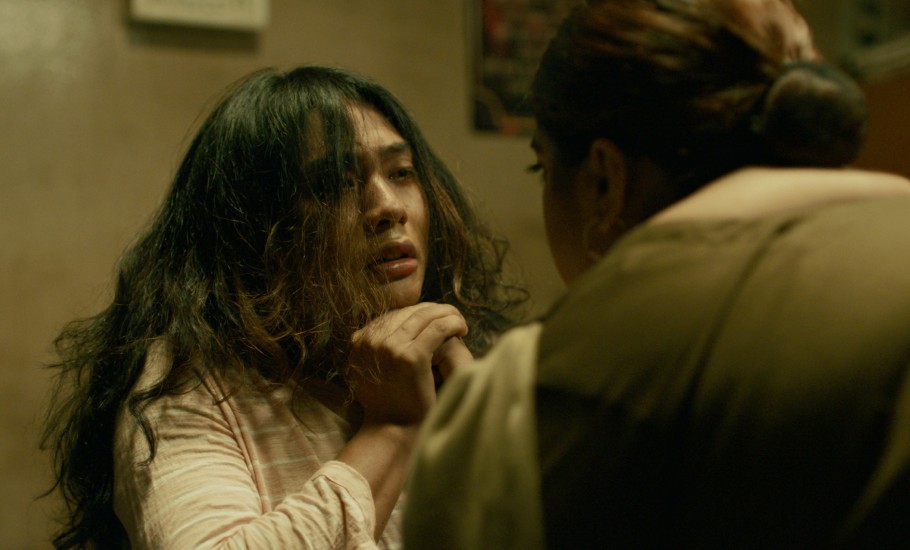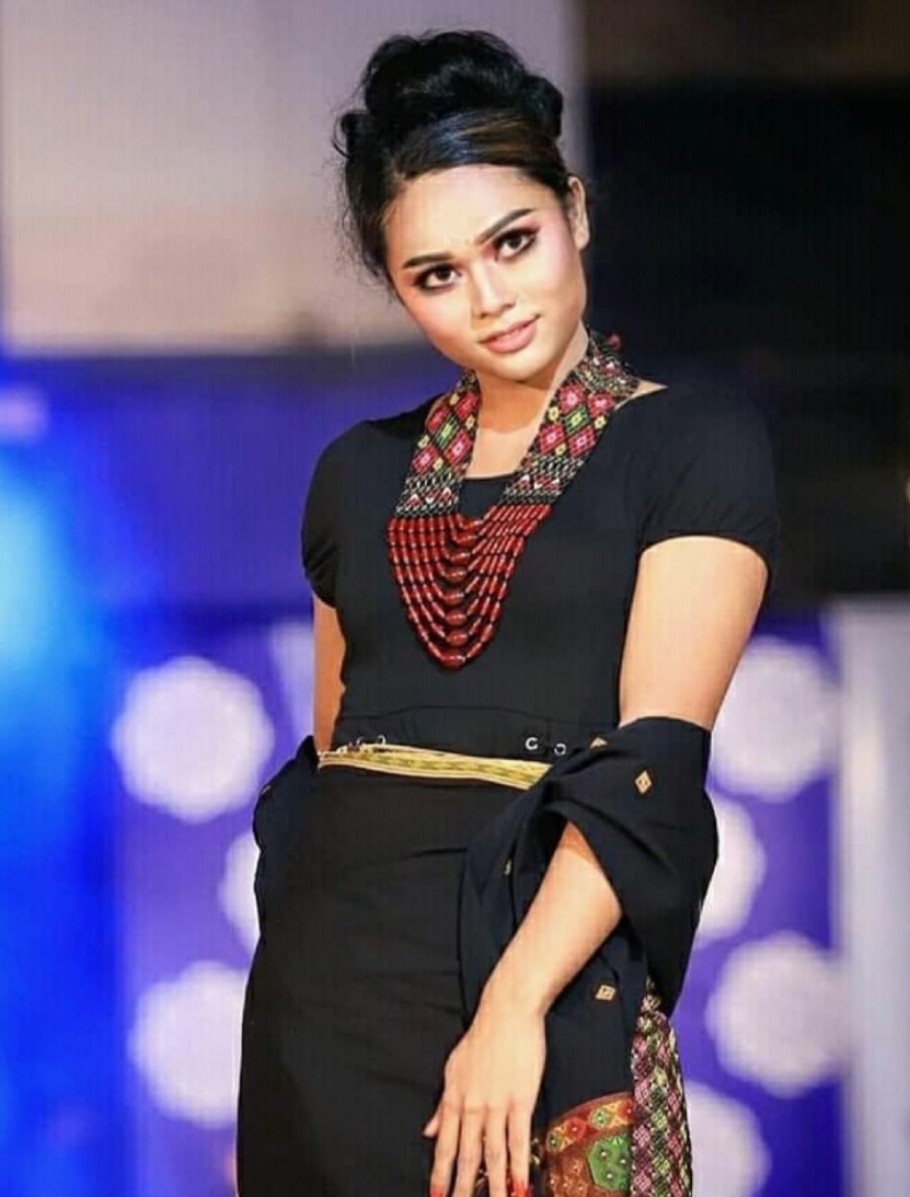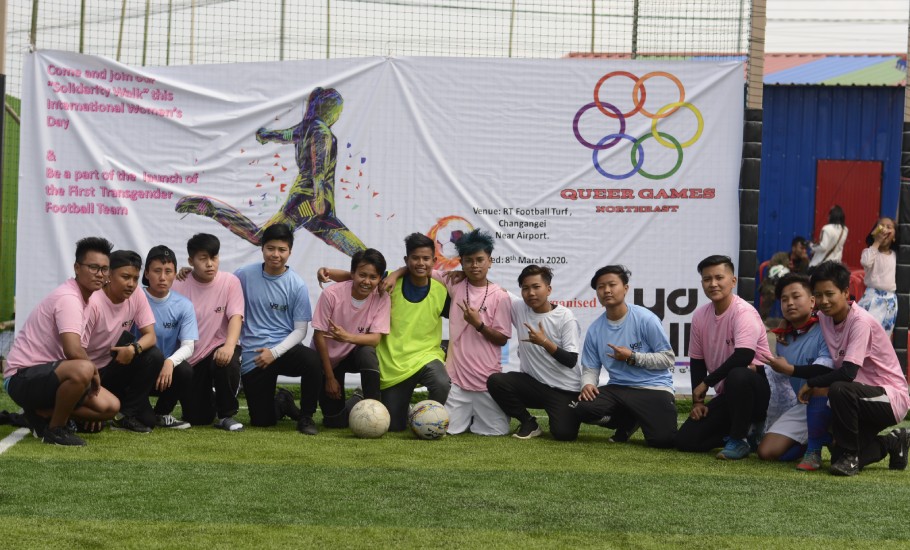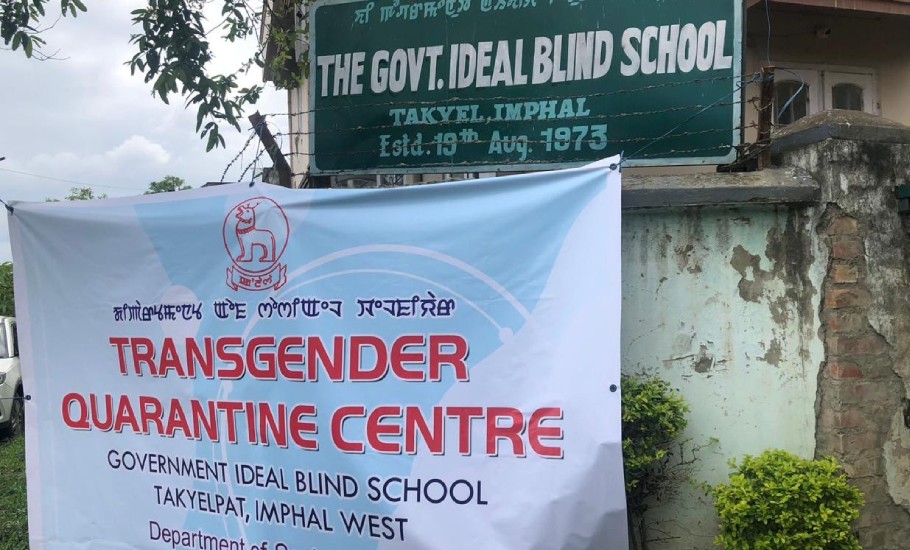
- Home
- India
- World
- Premium
- THE FEDERAL SPECIAL
- Analysis
- States
- Perspective
- Videos
- Sports
- Education
- Entertainment
- Elections
- Features
- Health
- Business
- Series
- In memoriam: Sheikh Mujibur Rahman
- Bishnoi's Men
- NEET TANGLE
- Economy Series
- Earth Day
- Kashmir’s Frozen Turbulence
- India@75
- The legend of Ramjanmabhoomi
- Liberalisation@30
- How to tame a dragon
- Celebrating biodiversity
- Farm Matters
- 50 days of solitude
- Bringing Migrants Home
- Budget 2020
- Jharkhand Votes
- The Federal Investigates
- The Federal Impact
- Vanishing Sand
- Gandhi @ 150
- Andhra Today
- Field report
- Operation Gulmarg
- Pandemic @1 Mn in India
- The Federal Year-End
- The Zero Year
- Science
- Brand studio
- Newsletter
- Elections 2024
- Events
- Home
- IndiaIndia
- World
- Analysis
- StatesStates
- PerspectivePerspective
- VideosVideos
- Sports
- Education
- Entertainment
- ElectionsElections
- Features
- Health
- BusinessBusiness
- Premium
- Loading...
Premium - Events

Beyond Paatal Lok, the pain and progress of transgender people in Manipur
Paatal Lok, the nine-episode Amazon Prime series, breaks stereotypes about transgender people, with the role being played by a transgender person.

Sometime in early May, as the evening descended into full darkness in Imphal, the quiet emptiness of a town under coronavirus lockdown was broken by a strange buzz on almost everyone’s lips. Huddled inside their homes, most residents by then had either heard or watched a web series, Paatal Lok, streaming on Amazon Prime. But the townsfolk were particularly interested in one character...
Sometime in early May, as the evening descended into full darkness in Imphal, the quiet emptiness of a town under coronavirus lockdown was broken by a strange buzz on almost everyone’s lips. Huddled inside their homes, most residents by then had either heard or watched a web series, Paatal Lok, streaming on Amazon Prime. But the townsfolk were particularly interested in one character — Cheeni, or Mary Lyngdoh — played by Manipur’s Mairembam Ronaldo Singh.
Some were in awe, some intrigued while many celebrated the fact that for the first time in mainstream entertainment (a web series) in India, a transgender woman played a transgender character.
The issue — that trans roles on screen be played by trans people — has of late been much debated. Mainstream cinema/TV/web shows in India are notorious for stereotyping transgender people, often with cisgender actors playing transgender characters.
So, when Paatal Lok got it right, the nine-episode web series is now being hailed as a landmark moment for LGBTQ+ representation on screen in India.
For Mairembam, the “role of a lifetime” is close to her heart also because she got to express herself through her character. “I could easily identify with the character since I faced a lot of difficulties growing up,” Mairembam tells The Federal.
This, the self-taught actor adds, is definitely the most unforgettable and challenging role of her life. “I am really glad people liked my performance.”

Back in Imphal, Santa Khurai is equally happy for Mairembam. Manipur’s foremost transgender activist, Khurai knows the struggle — what it’s like to hold in your emotions while holding in life, fighting generational rift on transgender rights, the everyday danger and discrimination.
It’s Khurai’s work for years now that has created a visible space for the transgender community in the state. Khurai, who leads the All Manipur Nupi Maanbi Association (AMANA), was the first one to set up a beauty salon run by a transgender woman in Manipur in the early 1990s. It was followed by more than two dozen salons across the state, all run by transgender people, giving them financial independence.
Khurai was also the first one to start a dance troupe — Seven Sisters — for the transgender community. Besides, AMANA organises the high-profile Trans Queen Contest North East.
A relatively tolerant space
The dominant Meitei community in the Imphal Valley is considered to be largely tolerant of the transgender people. Manipur-based national award winning filmmaker Meena Longjam says the transgender community leads a relatively better life in Manipur as compared to other states.
“I’m glad to see the transgender community doing so well. They have worked really hard and proved themselves as far as their financial condition is concerned. No doubt, they have faced a lot of hardship but they haven’t given up.”
Transgender people in the state, she says, mostly take up jobs in the beauty industry. The folk theatre form, Shumang Leela (courtyard theatre), has also played a huge role in creating social acceptance for transgender people. While traditionally male (often transgender) actors would don women’s roles (known as Nupi Shabi), today the transgender community has mostly taken over the Nupi Shabis.
“Manipur’s traditional Shumang Leela performances have provided a platform for transgender people.” Besides, the age-old practice of transgender shamans conducting rituals for Meitei gods is still prevalent in some areas. “These practices helped create a relatively acceptable space for the transgender community in the state.”
Manipur’s many firsts
Apart from traditional practices, Manipur perhaps became the first state in the country to have separate COVID-19 quarantine centres for transgender people. Last month, the state government set up two such centres for transgender people coming back from different places to their hometown. Ngangom Uttam, director of Social Welfare Department, says the government decided to set up separate quarantine centres to ensure emotional security to the community.

Earlier in March, Manipur became the first state in India to have an all-transgender football team. Imphal-based NGO Ya All helped form the 14-member football team that even played a seven-a-side match.
“We are working towards providing a platform for transgender people, especially the youngsters. We provide information on health, education and livelihood for an inclusive youth network in Manipur,” says founder Sadam Hanjabam.
And as far as the football team is concerned, Hanjabam says, his NGO wanted to break the stereotype. “We wanted to show the world that transgender people are not only meant for jobs in the fashion or make-up industry. We tried to change the mindset by creating an opportunity and walking the talk rather than just preaching it.”
Manipur is also one of the very few states in the country to have a Transgender Welfare Board, though it’s mostly inactive.
Still, Hanjabam believes the visibility for the LGBTQ+ community in the state has increased over the years.
“With the help of information through the internet, the younger generation is now more aware about gender identity and inclusiveness. Earlier, there were no such platforms where they would get information or could even share their thoughts,” he adds.
One world, different people
Yet most transgender persons in Manipur feel compelled to either run beauty salons or migrate to metro cities in search of livelihood.
“Migration has always been a way to find a safer space. But we are trying to create that safe space in Manipur itself.”

Also, when it comes to acceptability in the society in Manipur, he adds, everything is linked to one’s earnings.
“In Manipur, the acceptability is linked to how much they are earning. If their income is good and they are capable of supporting the family, the chances of acceptability are very high. There is a good number of transgender people who are very successful with their endeavours and they are well accepted. But otherwise, it’s difficult.”
Santa Khurai couldn’t agree more. She says people may think the transgender community in Manipur “is having a very nice time, but that’s far from the truth”.
“It looks beautiful from outside. Inside, there is an ugly truth.” Narrating the grim reality, she says, “There is hardly any social acceptance in the true sense. Thankfully, the transgender people own parlours. Then there are a number of small-time film companies dominated by trans people. But that doesn’t mean that they are totally accepted in society or by their families.”
For example, she goes on to say, if someone from the trans community wants to get married to a person of their choice, families never give consent. “The bottom line is, if you can earn, you get accepted. But partially. And if you don’t, you are not at all welcomed.”
Clearly, there are various layers of acceptance and tolerance for different sets of people living in the same world. Well, much like the universe — as described in the web series featuring Mairembam — that’s divided into three worlds: swarg lok, dharti lok and paatal lok.
